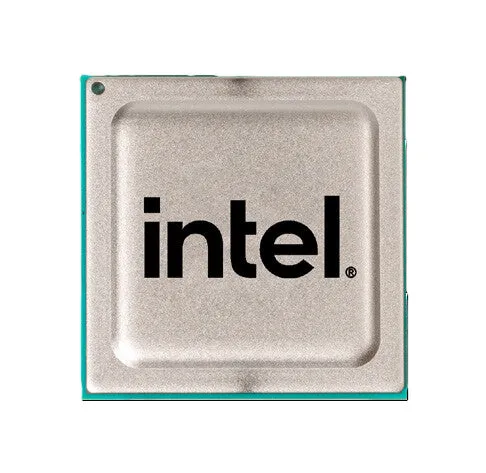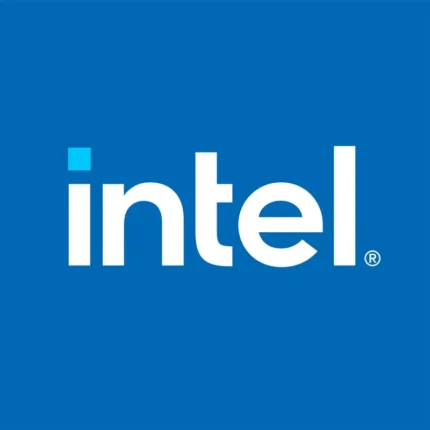Intel E810-CAM1
iWARP/RDMA
iWARP delivers converged, low-latency fabric services to data centers through Remote Direct Memory Access (RDMA) over Ethernet. The key iWARP components that deliver low-latency are Kernel Bypass, Direct Data Placement, and Transport Acceleration.
MACsec IEEE 802.1 AE
802.1AE is the IEEE MAC Security (MACsec) standard which defines connectionless data confidentiality and integrity for media access independent protocols.
Intel® Data Direct I/O Technology
Intel® Data Direct I/O Technology is a platform technology that improves I/O data processing efficiency for data delivery and data consumption from I/O devices. With Intel DDIO, Intel® Server Adapters and controllers talk directly to the processor cache without a detour via system memory, reducing latency, increasing system I/O bandwidth, and reducing power consumption.
PCI-SIG* SR-IOV Capable
Single-Root I/O Virtualization (SR-IOV) involves natively (directly) sharing a single I/O resource between multiple virtual machines. SR-IOV provides a mechanism by which a Single Root Function (for example a single Ethernet Port) can appear to be multiple separate physical devices.
Fiber Channel over Ethernet
Fibre Channel over Ethernet (FCoE) is an encapsulation of Fibre Channel frames over Ethernet networks. This allows Fibre Channel to use 10 Gigabit Ethernet networks (or higher speeds) while preserving the Fibre Channel protocol.
IEEE 1588
IEEE 1588, also knows as the Precision Time Protocol (PTP) is a protocol used to synchronize clocks throughout a computer network. On a local area network it achieves clock accuracy in the sub-microsecond range, making it suitable for measurement and control systems.
Flexible Port Partitioning
Flexible Port Partitioning (FPP) technology utilizes industry standard PCI SIG SR-IOV to efficiently divide your physical Ethernet device into multiple virtual devices, providing Quality of Service by ensuring each process is assigned to a Virtual Function and is provided a fair share of the bandwidth.
Virtual Machine Device Queues (VMDq)
Virtual Machine Device Queues (VMDq) is a technology designed to offload some of the switching done in the VMM (Virtual Machine Monitor) to networking hardware specifically designed for this function. VMDq drastically reduces overhead associated with I/O switching in the VMM which greatly improves throughput and overall system performance
| Features | |
|---|---|
| Product series | 800 Series Controllers (up to 100GbE) |
| Status | Launched |
| Product codename | Columbiaville |
| Storage Over Ethernet | SMB Direct |
| Launch date | Q3’20 |
| Fiber Channel over Ethernet | No |
| Jumbo frames support | Yes |
| Intelligent Offloads | Yes |
| Package size | 25 x 25 mm |
| On-chip QoS and Traffic Management | Yes |
| PCI-SIG* SR-IOV Capable | Yes |
| On-board graphics card | No |
| iWARP/RDMA | Yes |
| Lithography | 16 nm |
| Processor special features | |
|---|---|
| Supported Under vPro | No |
| Intel Data Direct I/O Technology | Yes |
| Intel Virtual Machine Device Queues (VMDq) | Yes |
| Intel Flexible Port Partitioning | Yes |
| Ports & interfaces | |
|---|---|
| PCI Express slots version | 3.0, 4.0 |
| Ethernet LAN (RJ-45) ports | 1 |
| Host interface | PCI Express |
| Network | |
|---|---|
| Network controller sideband interface (NC-SI) | Yes |
| Ethernet LAN data rates | 100000 Mbit/s |
| Operational conditions | |
|---|---|
| Operating temperature (T-T) | 0 – 105 °C |
| Maximum operating temperature | 105 °C |
| Minimum operating temperature | 0 °C |
| Logistics data | |
|---|---|
| Harmonized System (HS) code | 8542310001 |
| Export Control Classification Number (ECCN) | 5A991 |
| Commodity Classification Automated Tracking System (CCATS) | NA |




